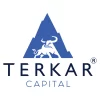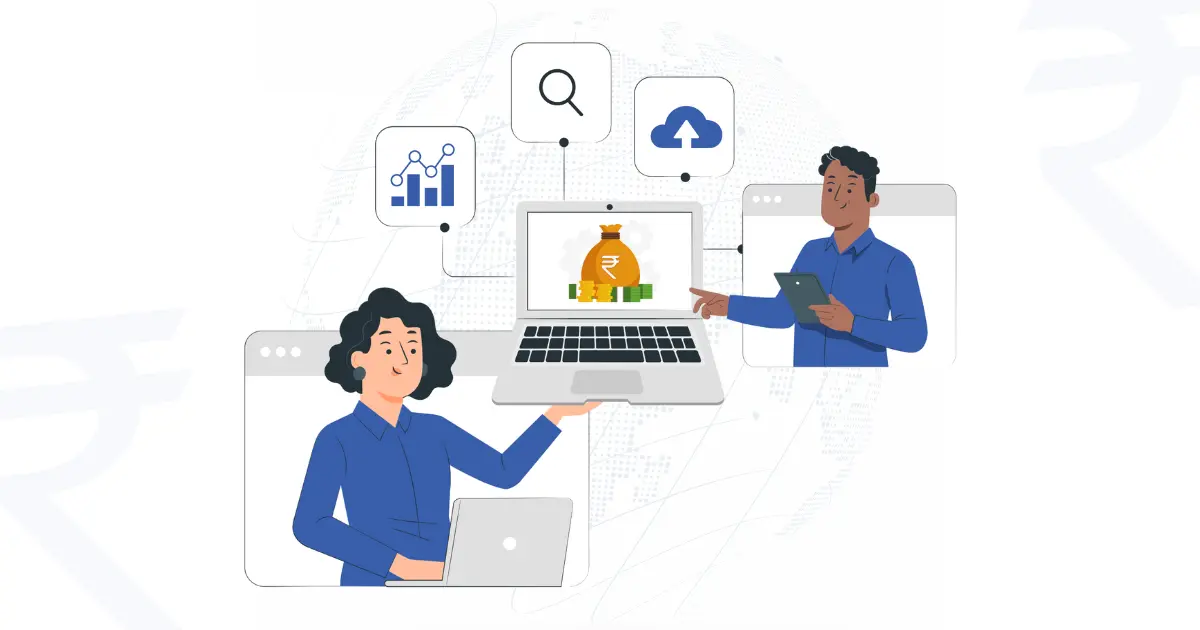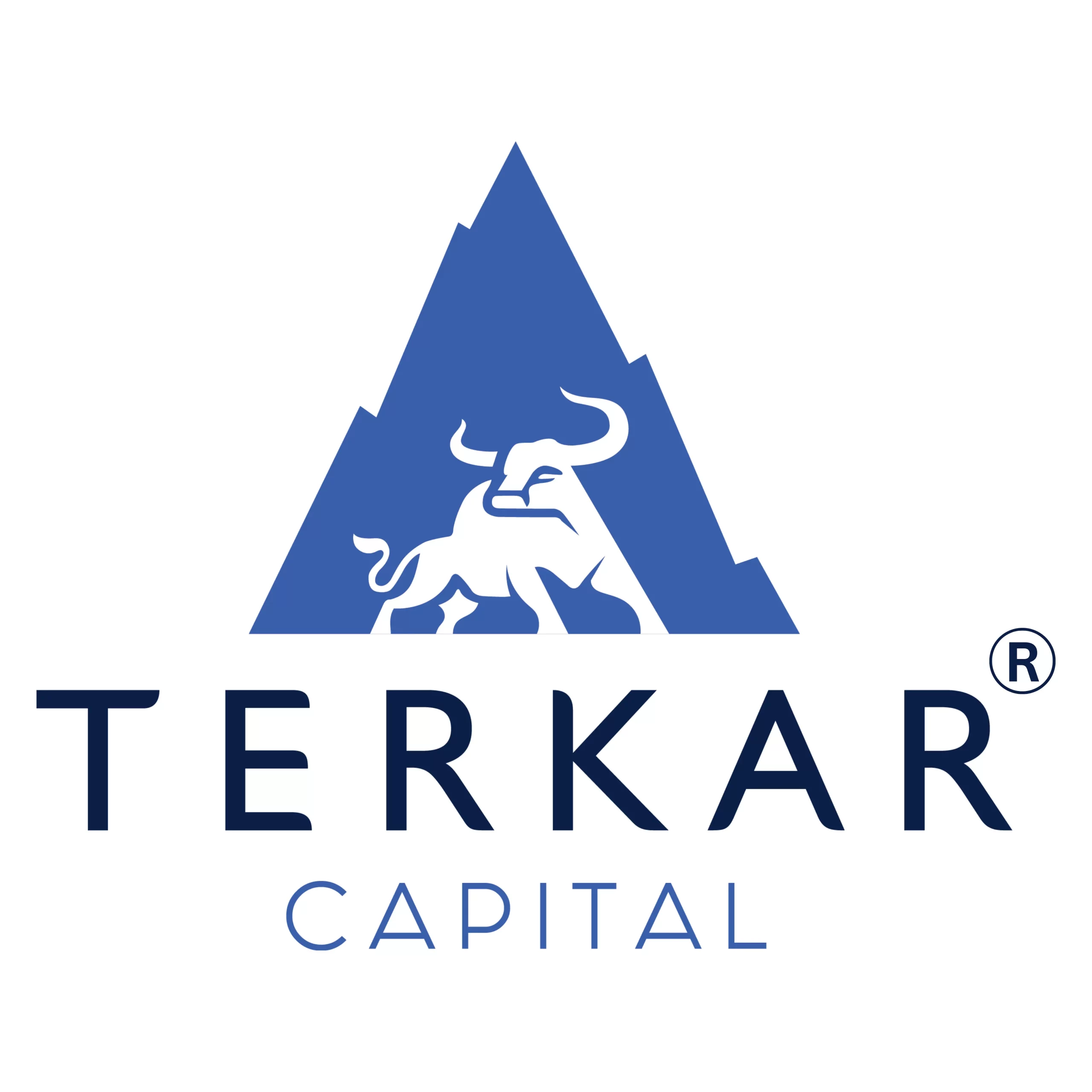Overview
Working capital is the difference between current assets and current liabilities. It pertains to the amount by which current assets exceed current liabilities. Current assets encompass cash, inventory, accounts receivables, and other assets that can be converted into cash within a year. Conversely, current liabilities refer to the company’s short-term obligations, including accounts payable, taxes, and other expenses due within a year. In this article, we will explore valuable insights into the management of the working capital cycle, ensuring smooth operations and financial stability.
Working Capital = Current Assets – Current Liabilities |
What is Working Capital Cycle?
Working capital holds significant importance for businesses across various industries, including services, manufacturing, trading, and agriculture. It is particularly crucial for cash and carries businesses.
The working capital cycle represents the duration it takes for a business to convert input resources into cash through the process of production and sales. These inputs can encompass raw materials, electricity, wages, and administrative salaries. When analyzing the working capital cycle, two key aspects should be considered:
- The industry-specific
- The company’s operations specific
A shorter working capital cycle enhances cash flow and reduces the risk of customer payment defaults, making it a desirable goal for businesses.
What is the necessity of Working Capital?
There are two primary situations where working capital becomes necessary.
- One is when your current liabilities (especially creditors) are more Or immediately payable than your current assets (especially debtors) are late receivable. So, In simpler terms, when you have to pay your creditors immediately while your debtors take their time to settle their payments. This situation poses a challenge for your business. In the long run, this may hit the cash flow of the company, you need to fix it immediately.
- Another condition is where your work orders have increased to a substantial level. So as the company grows, there is an increase in demand for the product. To manage the high demand, you must secure the necessary working capital.
Understand the process of facilitating working capital Loans from the case study, here.
Key components of Working Capital Cycle
These are assets that can be quickly converted into cash within a year, such as cash and cash equivalents, accounts receivable, inventory, and short-term investments.
These are liabilities that need to be settled within a year, such as accounts payable, short-term loans, and accrued expenses.
This is the time it takes for a company to convert its inventory into cash, such as the time it takes to purchase raw materials, manufacture and sell products, and collect payment from customers.
This is the time it takes for a company to convert its investments in inventory and accounts receivable into cash, minus the time it takes to pay off its accounts payable.
This is the difference between a company’s current assets and current liabilities, and it represents the amount of capital available for day-to-day operations.
Significance of Adequate working capital:
Adequate working capital is always best for the company. When a company approximately uses its assets, it can efficiently operate the business. The salary payments, daily expenses, or wage payments are never delayed and all the work is effective. Adequate working capital helps reduce the wastage of resources and benefits the goodwill of the company.
What happens if working capital slips?
For a business to function smoothly, it relies on its working capital. As cash flow is essential for any business to thrive and it serves as the lifeblood of the company. So, it is essential to have sufficient working capital to ensure continuous operations and growth. On the other hand, deficient working capital can lead to various challenges such as delayed payments of salaries and wages, difficulty in managing day-to-day operations, and other complications. To avoid such hindrances, it is crucial to maintain sufficient working capital.
Collateral-Free Working Capital Funding
In cases where a company urgently requires working capital, it can opt for collateral-free working capital funding. Terkar Capital recognizes the significance of efficient cash flow for businesses to thrive and operate seamlessly on a day-to-day basis. Thus, for companies that require working capital urgently, Terkar Capital is a perfect choice. During financial crises, we assist businesses in swiftly raising funds to meet their working capital needs through various collateral-free financing options such as NBFCs, equity capital, financial aid from relatives and acquaintances, applying for business grants, or seeking assistance from financial institutions.





I am a financial Consultant. I have range of companies require various fund and Non fund based facilities. I would like to associate with your esteemed organisation and cater the needs of my clients.
Hello Mr. Venkata,
Kindly contact us. Thank you.